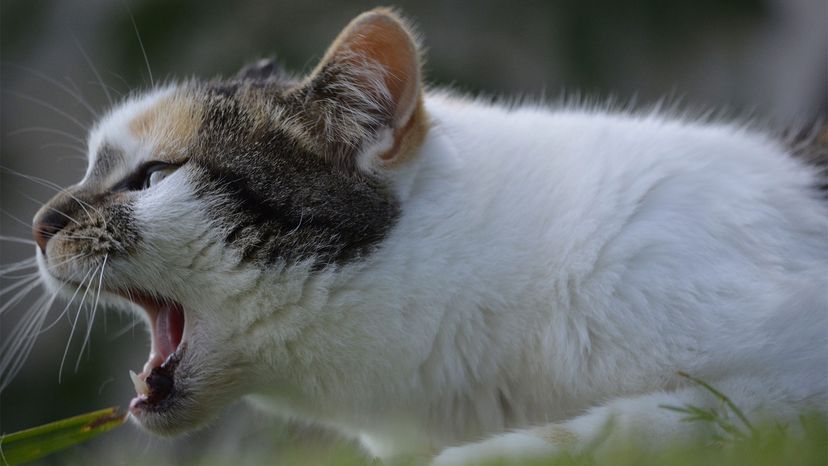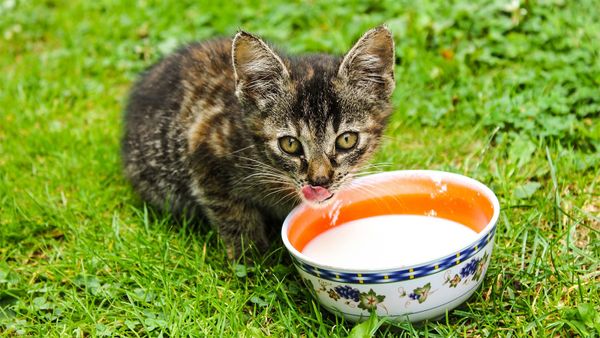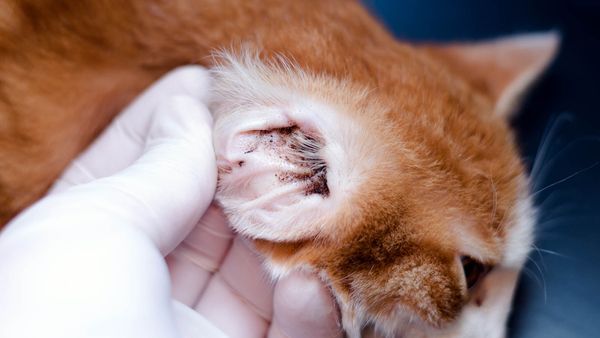
Does your cat have a kitty cold? It’s a common enough ailment in felines, with symptoms ranging from runny nose to sneezing and coughing, eye mucus, wheezing — the works. But just like in humans, arguably one of the worst symptoms of a cold for a kitty is cough.
Cats cough just like we do, and for many of the same reasons. Coughing is a reflex; when something irritates the back of the throat, breathing passages or lungs, the body responds, expelling whatever is causing the irritation. It's an important mechanism for protecting the lungs and air passages from foreign objects and expelling infectious matter from the body.
Advertisement
Just like us, cats have different kinds of coughs: a dry, hacking cough; a phlegmy-sounding cough; a single, gagging cough; a wheezing cough and that half-cough, half clearing the throat thing.
The type of cough can tell you a lot about what's causing it. It's also important to note whether the cough is productive (accompanied by fluid or other matter) or nonproductive. A cough can just be a simple throat irritation, but it can also be a symptom of a much bigger problem. If it gets to the point where you need to talk to your vet about your cat's cough, being able to describe how it sounds and whether it's productive can help him or her figure out what's causing it.
A persistent cough could be a sign of an upper respiratory infection, especially if also accompanied by sneezing, a runny nose, watery eyes or a fever. A visit to the veterinarian may be in order. Persistent coughs due to feline colds or flu can sometimes be helped with medication, but it's important not to give your cat anything without consulting your veterinarian first.
However, hairballs are a common reason for coughs in cats, and typically, those are easily treated with an over-the-counter hairball medication. You should be able to tell pretty easily if your cat's cough is caused by a hairball, because he will eventually expel a tubelike "ball" of hair.
Hairballs and upper respiratory infections are minor compared to what could actually be going on if your cat has a chronic cough. In the next section, we'll look at some of the other potential causes of coughs in cats.
Advertisement


